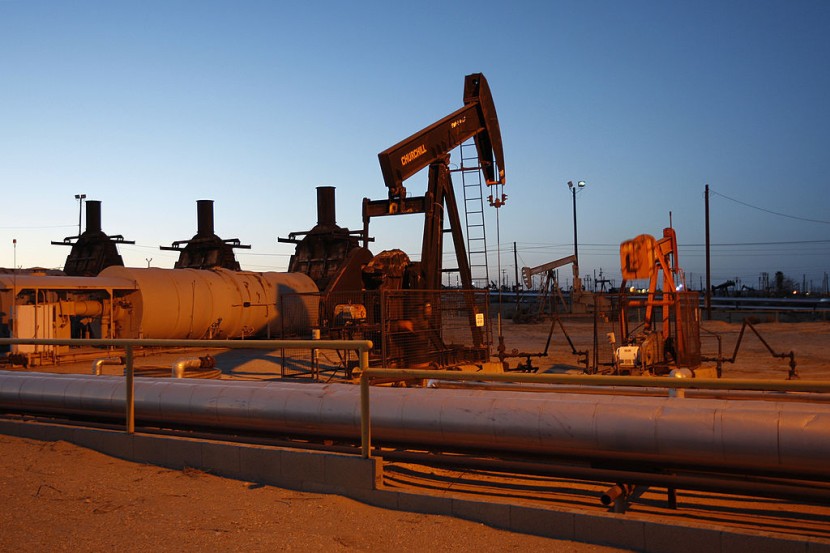On Thursday, May 18, California legislators prevented passing two significant environmental bills. The first proposed bill aimed to increase the state's emissions goals, while the second sought to hold oil companies responsible for the health issues of individuals living near oil wells.
These bills are part of the many bills that could not pass the suspense file of the Legislature. The suspense file is a process where lawmakers choose which bills will have the opportunity to become laws in the future and which ones should not proceed, without explaining, according to APNews.
Governor Gavin Newsom passed a law last year that prohibits the drilling of new oil wells near sensitive areas such as homes and schools within a distance of 3,200 feet (975 meters). However, the oil industry has qualified a referendum to be put on the 2024 ballot, which aims to overturn the law. As a result, the law has not yet come into effect.
Sparking Outrage among Environmental Activists
The referendum caused frustration among those who care about the environment and health. They felt that if the oil industry were going to prevent the law from being passed, they would attempt to create another law.
This law would allow individuals who became ill from living near oil wells to sue the oil companies responsible for their sickness. Senator Lena Gonzalez authored the bill, which demanded that oil companies pay up to $1 million to people who developed cancer or other health issues related to the well.
The Senate Appropriations Committee prevented the bill from being voted on by the entire Senate, indicating that it probably won't be enacted this year.

Kara Greene, who speaks for the Western States Petroleum Association, argued against the bill because she believed it would be unjust to oil and gas companies and have negative consequences. She claimed that the bill would result in billions of dollars in damages and create a financial burden for both the state and local governments due to their responsibility for inherited wells. Furthermore, the cost to the court system would also be significant.
A proposed bill by State Sen. Henry Stern, who represents Malibu and is a member of the Democratic party, aims to decrease California's greenhouse gas emissions to 55% below the levels recorded in 1990 by the year 2030. This is a more ambitious goal than the state's current plan to reduce emissions by 40% by the same deadline.
California plans to achieve carbon neutrality by 2045, which involves removing the same amount of carbon emissions it releases. The state's Air Resources Board has passed regulations to reduce pollution from vehicles, lawn equipment, and trains to achieve this goal.
More Unsuccessful Bills
Several bills were unsuccessful, including one that would have allowed individuals with suicidal tendencies to add themselves to a list prohibiting them from purchasing firearms.
Another proposal aimed to prohibit individuals under 21 from using mobile phones while driving, even in a hands-free manner. Additional bills that failed included one that required investigations into all police use-of-force incidents resulting in civilian deaths and another that would have expanded mental health treatment for inmates.
A law to establish a mental health hotline for students in the California State University system and a proposal to provide free menstrual products in government restrooms were suggested and have been categorized as two-year bills. This indicates that they will not be voted on until January. After being voted on in either the Senate or Assembly, the bills that are approved will be passed on to the other chamber. The Legislature has until mid-September to pass bills, after which Governor Newsom will have around a month to either reject or approve them as laws.
Related article : California's New Oil Bill: Here's What It Means for Companies, Drivers
© 2026 HNGN, All rights reserved. Do not reproduce without permission.








